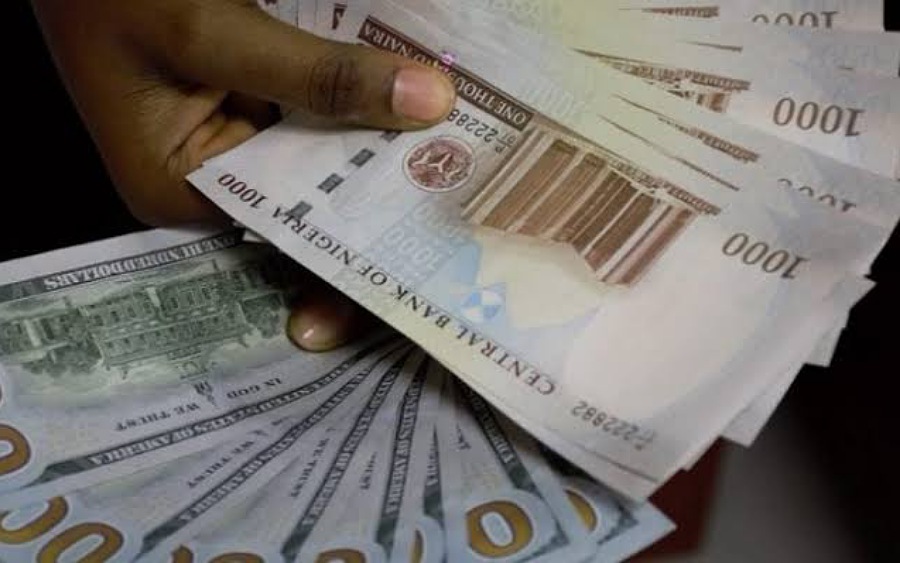Naira has depreciated to a record low at the black market after the local currency closed trading on Thursday at N718/$1 compared to N700/$ recorded the previous day. This is according to information from Bureau De Change operators in Lagos State.
Recall that Nairametrics reported that Naira fell below the N700/$1 threshold on Wednesday, driven by a surge in the demand for forex in the country, amidst sustained scarcity. With the exchange rate now at N718 per dollar, it indicates that Naira has depreciated by N100 in just 10 days.
Bureau De Change operators cited a lack of FX and a surge in demand for the recent uncontrolled uptrend recorded in the market. Meanwhile, some bank users have complained that they have not been able to access their funds in their domiciliary accounts due to lack of liquidity.
Similarly, at the cryptocurrency P2P Exchange market, the rate has fallen to N705/$1, a 0.6% depreciation compared to N701/$1 recorded in the previous trading session. Naira has been under immense pressure in the past two weeks, falling from an average of N618 to a dollar recorded two weeks ago.
- On the flip side, the exchange rate at the official market recorded significant gain on Thursday, 28th July 2022 as Naira closed at N426.2/$1 from N430/$1 recorded in the previous trading session. Also, forex turnover in the Investors and Exporters (I&E) window increased marginally by 1.93% to stand at $129.13 million.
- The Central Bank raised the benchmark interest rate to 14% in July 2022, following a similar 150 basis points increase in May in order to curb rising inflationary pressure as well as encourage FX inflow into the economy.
- However, despite the move by the apex bank, the exchange rate is yet to moderate, with more pressure now on the country’s external reserve. Meanwhile, the Central Bank stated that the external reserve increased by $620 million in the month of June 2022 as a result of inflows from non-oil sources.
- According to the communique of the Monetary Policy Committee of the CBN, “the MPC noted that foreign exchange inflow through the RT200 FX Programme in Q1 and Q2, 2022, had increased substantially to approximately US$600 million as of June 2022.
- “Members also noted the increase in Diaspora remittances as a result of the Naira for Dollar incentive and urged the Bank not to relent in its efforts to encourage foreign exchange inflow to the economy.”
Meanwhile, Nigeria’s foreign reserve continued on its downturn with a 0.07% decline to stand at $39.25 billion on Wednesday, 27th July 2022 compared to $39.27 recorded the previous day. Notably, the external reserve has dipped $196.71 million in one week, following the recent volatility in the exchange rate markets.
